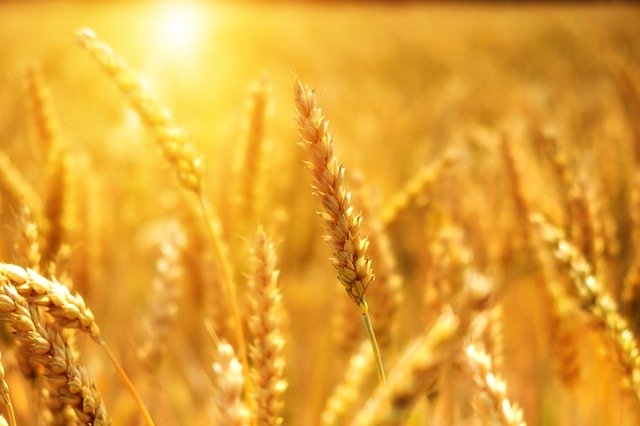By Gerelyn Terzo, Global AgInvesting Media
In what Bonifiche Ferraresi (BF) has dubbed “the most important Italian agro-industrial project on the Southern shore of the Mediterranean,” the nation of Algeria and BF have partnered for a $455 million agriculture initiative. The deal, which is designed to strengthen food security in the North African country through regenerative agriculture, was unveiled earlier this month at a formal ceremony in the capital city of Algiers.
BF, an agro industrial group whose holding company is Bf Spa, in cooperation with Algerian partners will manage 36,000 hectares of agricultural land in the city of Timimoune, located in south central Algeria, for the production of wheat, beans and other crops that will be headed for local markets.
Amid former accusations from the Greens and Left Alliance that Algeria’s crops would be used in the production of biofuels to benefit Italy, BF assured its partners this wasn’t the case, stating:
“BF operates in Africa as in other continents in the execution of its internationalization plan with the entire supply chain of its partners and with all the know-how which it can make available to local communities. Just as it works in Italy it also works in the countries where it is called to operate. All the effort benefits the local populations: creating jobs, bringing knowledge and technologies, investments and leaving the products and value generated on site and the know-how to continue generating them.”
Bf Spa CEO Federico Vecchioni further clarified that “Bf enhances and manages the land assigned to it, it does not buy it. Nor does it export anything to third-party markets, but, on the contrary, it allocates everything to local markets.”
As Africa’s largest country, Algeria is determined to cultivate a larger share of its desert, as a mere 17 percent of its land area is currently used for agriculture. Worse, recent droughts have disrupted crop production in the country of late, making Algeria the No. 5 importer of soft wheat imports this year.
With the maiden sowing season planned for November, including the construction of wells, the new project, which involves land reclamation, is expected to become fully operational in 2028 for the cultivation of soft wheat at 70 percent with the balance dedicated to legumes, such as lentils and beans. Additionally, Algeria reportedly has set its sights on becoming more agriculturally independent for key crops while bolstering its non-hyrdocarbon exports.
According to the Agriculture Ministry, Algeria’s investment fund will direct 49 percent of the funding toward the project while Italy’s BF will become the majority investor. The project, which is expected to add 6,700 new jobs to the economy, comes on the heels of an EUR 5.5 billion investment program introduced by Italian Prime Minister Giorgia Meloni in early 2024, dubbed the Mattei Plan. The funding, which comprises grants, credits and guarantees, is aimed at strengthening the European country’s relationship with Africa to harness energy resources like oil, gas and coal as well as managing migrant flows.

The latest agreement is also part of Algeria’s broader plans to bolster its ag production areas in its desert south region, which includes part of the Sahara, to half-a-million hectares over the next three years, according to country officials. That initiative is reportedly focused on the production of durum wheat, oilseeds and pulses.
“We will start this year the development of 500,000 hectares in the southern wilayas [provinces] to increase national wheat production capacities to achieve self-sufficiency,” stated Algerian Minister of Agriculture and Rural Development Youcef Chorfa.
With a population of 44.9 million, Algeria also has aligned itself with Qatar, where the African nation has reached a deal with food giant Baladna for the development of a massive dairy farming initiative in Southern Algeria. At 170,000 hectares, the project would become the biggest dairy farm on the planet, according to the Algerian agriculture ministry.
The cattle breeding farm will be dedicated to the production of powdered milk, for which Algeria currently relies heavily on imports amid a shortage, as well as meat. “Algeria aims to reduce its imports of powdered milk and create jobs for its youth, and Baladna’s output will come online in 2026,” according to the Algerian ministry.
Indeed, the Qatari partnership, which is projected to be operational by 2026, has the potential to meet half of Algeria’s powdered milk demand while delivering 5,000 jobs to the local economy.
*The content put forth by Global AgInvesting News and its parent company HighQuest Partners is intended to be used and must be used for informational purposes only. All information or other material herein is not to be construed as legal, tax, investment, financial, or other advice. Global AgInvesting and HighQuest Partners are not a fiduciary in any manner, and the reader assumes the sole responsibility of evaluating the merits and risks associated with the use of any information or other content on this site.

